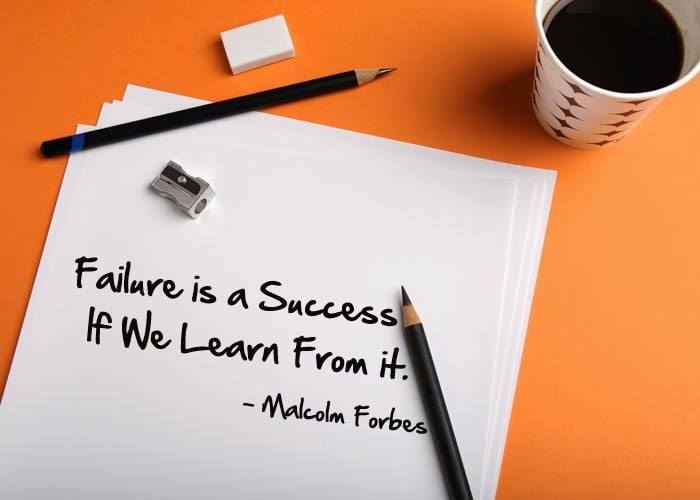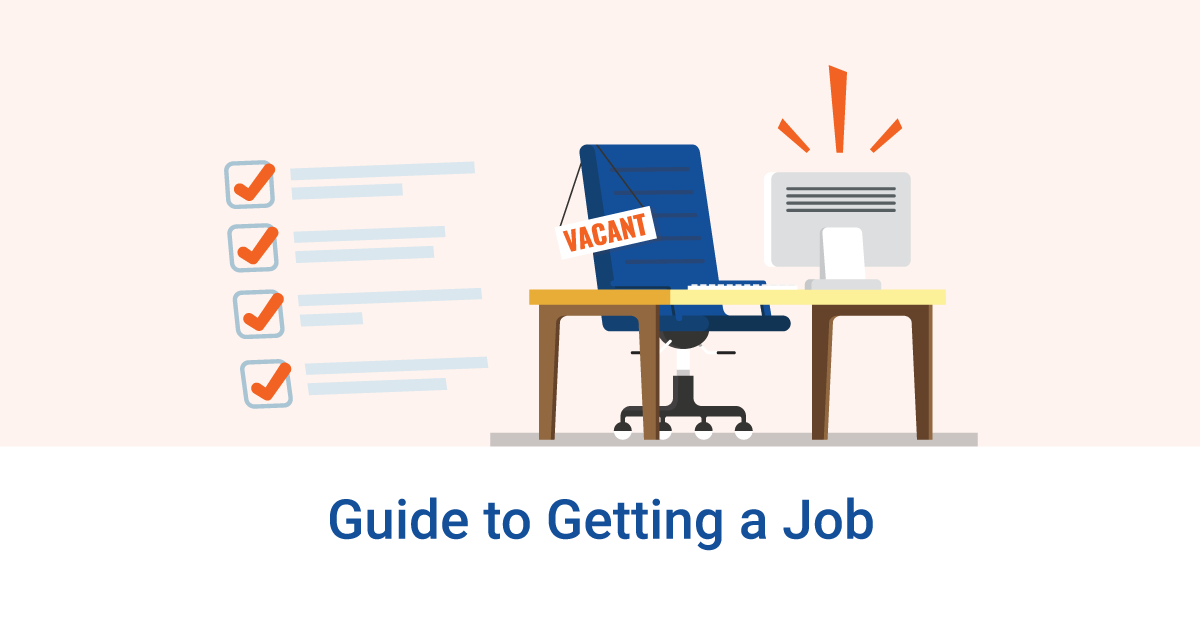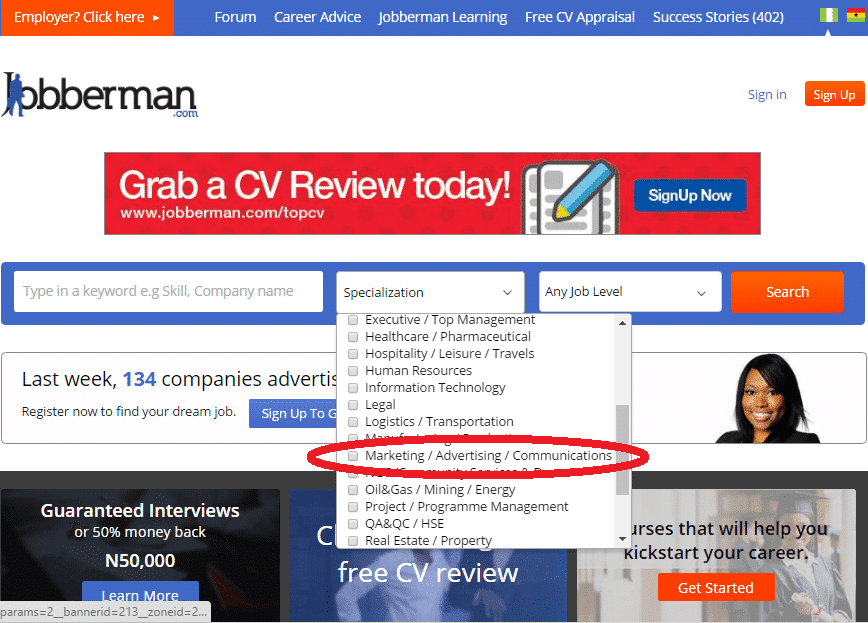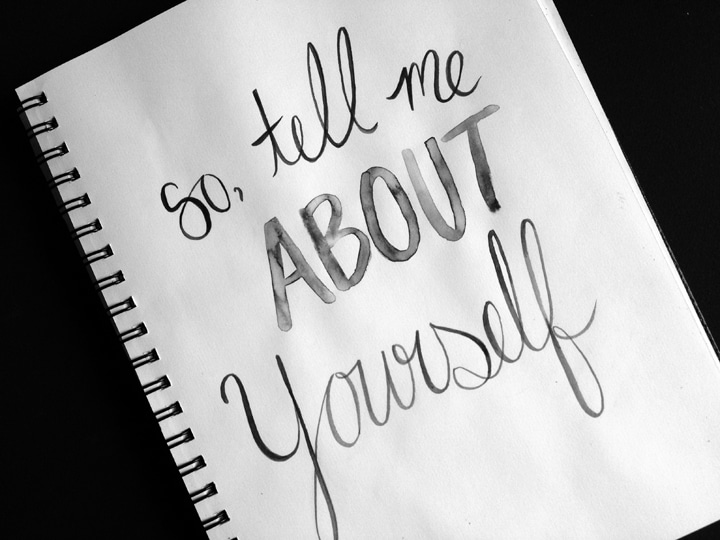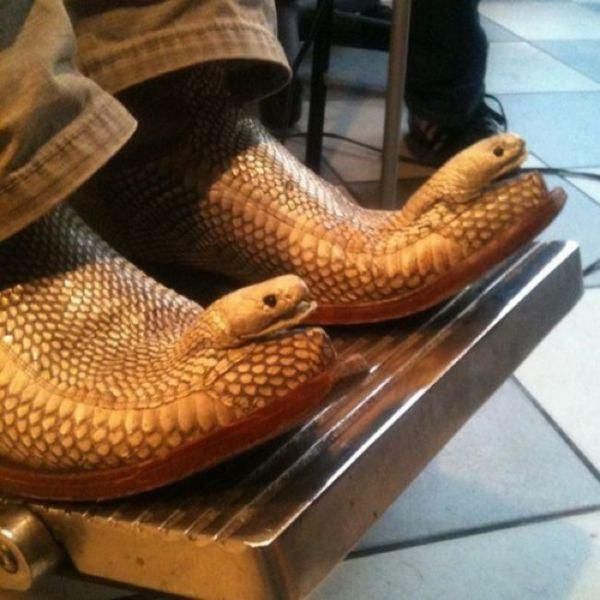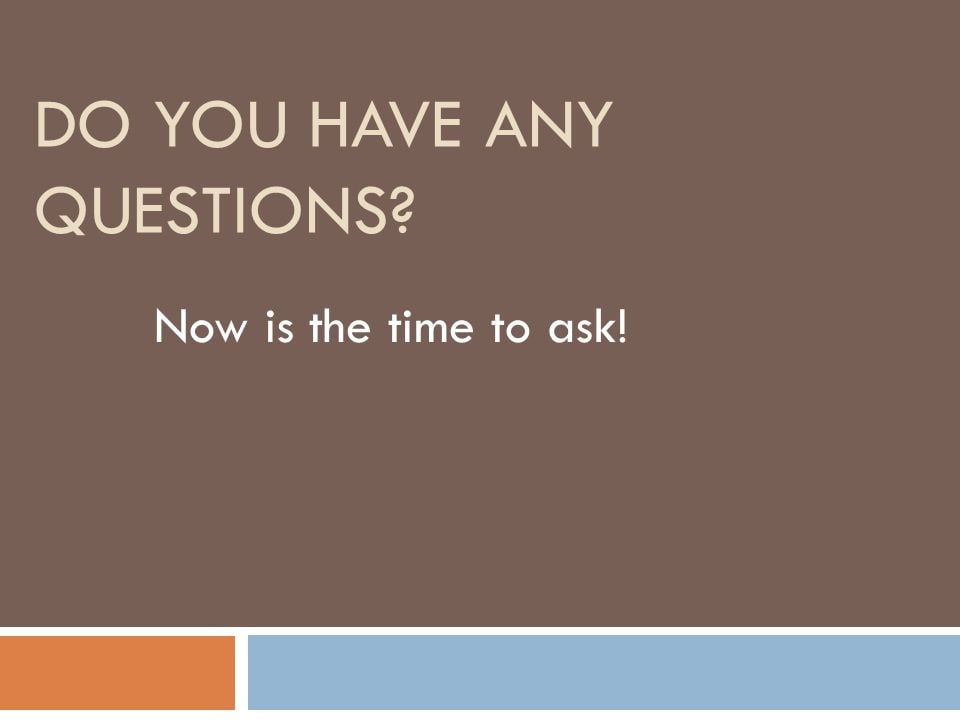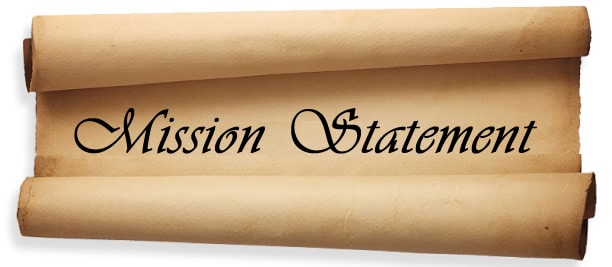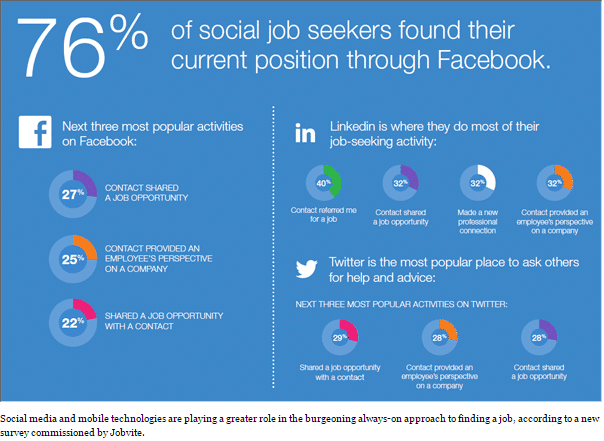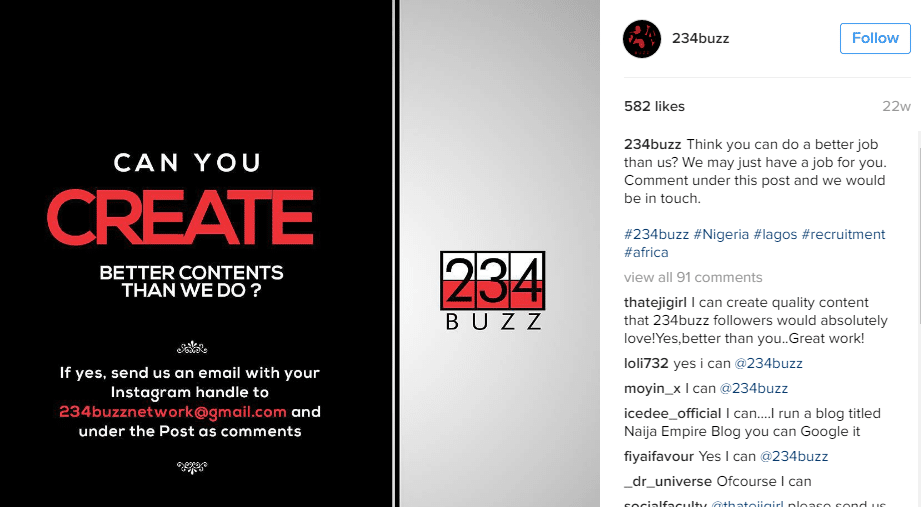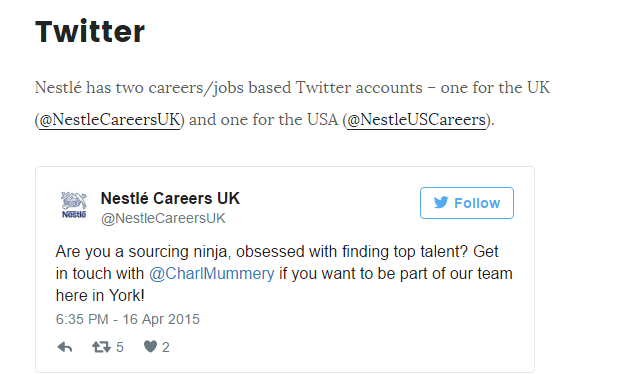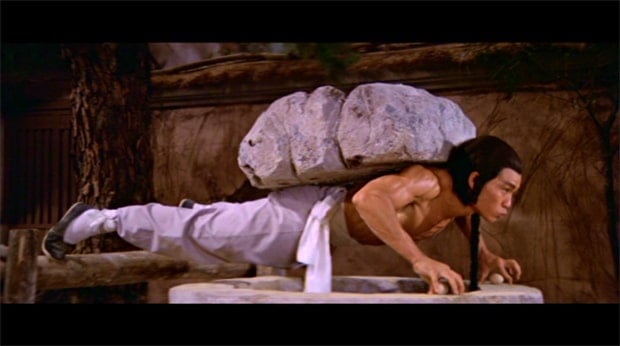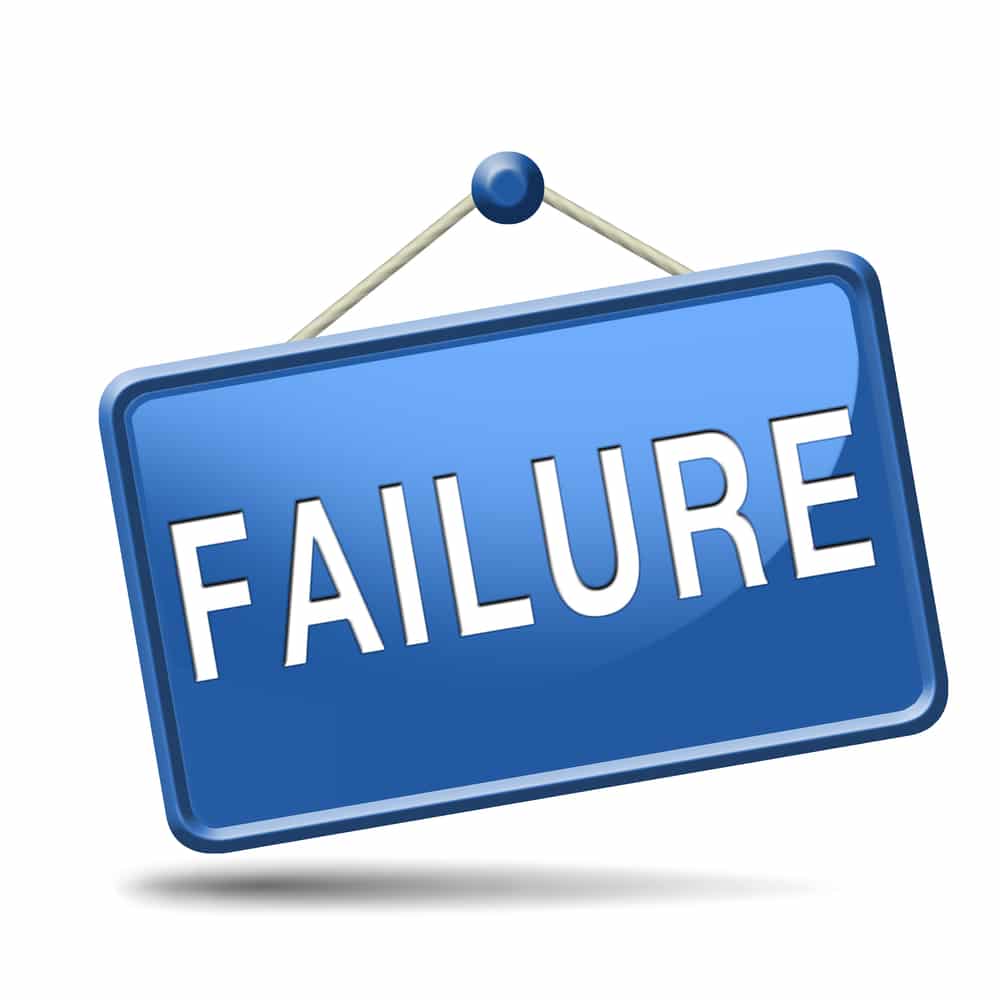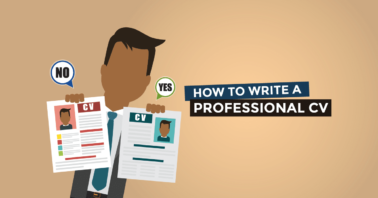Getting a job in a country with 178.5 million people is not an easy task but the truth of the matter is that you can not only get a job but you could get a very good one that takes you closer to your career goals.
If you are searching for a job, there are things you should do and others that you should avoid like a plague.
Regardless of whether you are a fresh graduate applying for a job or already working and searching for a new job in Nigeria, there are certain rules you need to adhere to to increase your chances of being the prime candidate for one of those latest job openings.
Let’s get started. Below you’ll find a table of contents containing . Feel free to jump to a specific section.
Table of Contents
Article Contents
For the sake of convenience, I added links to different sections of this article, so you can easily skip ahead to the section you want…
Table of Content
#1. When to start looking for a job
#2. The kind of jobs to apply for
#3. What your CV should look like
#4. Qualities employers look out for
#5. The need for a cover letter (Cover Letter Samples Included)
#6. How to prepare for interviews
#7. Best way to apply for Jobs
#8. Development of your Skillset to Increase Job Prospects
#9. The power of social media in job search
#10. Interview traps to avoid
#11. Exploring all available options
#12. Why you should make job hunting a full time job
1. When to start looking for a job
If you are searching for a new job, waiting till you are unemployed before looking for a new one is akin to waiting to lose your job before embracing the culture of saving a chunk of your earning. It simply is not a wise path to follow.
It is best to start your job search while you still have a job. First of all, if you eventually get an offer, it puts you in an advantaged position to negotiate for a better salary as your prospective employer knows that you currently have a job and could turn down their offer if you are not comfortable with it. It also saves you the stress of sitting at home and getting worried about how long it’s going to take you to get a new job.
For fresh graduates, we always advise that the best time to begin searching for a job is when you are in the final lap of school.
Start talking to your friends who already have jobs and your network of employed associates. It would surprise you that quite a number of Nigerian undergraduates have part-time or full time jobs even while in school. The last few months of the service year with the National Youth Service Corps is also a good time to begin applying for jobs especially openings for entry-level openings. Remember that NYSC is not a career. As such, it will come to an end.
2. The kind of jobs to apply for
As a fresh graduate of Theatre Arts, does it make any sense to apply for the position of Head, Internal Audit at Zenith Bank where the minimum years of experience has been set at 7 years or more for applicants? The answer is no and the reasons are glaring. It is a job outside your league. Rather, when applying for jobs, apply for jobs that you know you stand a chance of at least getting invited for an interview.
You can’t keep applying for jobs that you have no qualifications for and be surprised that you do not have a job. For instance, if you are a graduate of Mass Communication from a Nigerian university, we expect that one of the first categories on a job portal that you would apply for jobs would be:
3. Pay attention to your CV
Your CV is not a joke when searching for a job – A CV is to a job seeker what an arrow is to an archer. Without a good CV, your chances of landing a good job will travel south except of course you’re waiting for a miracle or a favour from a rich uncle.
Treat your CV with respect and love; build it like a home; ensure the foundation is solid. Make it compact. Let it be a perfect representative of your work experience, skills and achievements at all times.
Your CV should not look a novel (with too many pages) regardless of how many years of experience you have or the number of organisations you have worked with. Consider this tips you should follow while writing a CV
4. Qualities employers are looking out for
Employers are in the business of building a brand, building a team that can deliver results, can be trusted and can represent the brand in different capacities. It therefore, does not come as a surprise that some recruitment processes are sometimes viewed as cumbersome. In some cases, prospective candidates are put through test and series of interviews and assessments.
The end product is to hire the best candidate. We have drawn out top qualities employers look out for when hiring candidates for job openings. Your CV and the interview are two channels for gauging some of the qualities mentioned earlier.
5. Why you need a cover letter
A cover letter is an amazing way of introducing yourself to a prospective employer and letting them know about your capabilities and how you can help achieve their goals. Below are six wonderful tips for writing a cover letter:
a. Cover letter is not a love letter or a thesis
Keep it short and straight so, don’t go around writing one like this:

This will get you a dinner date and not a job
b. A Cover letter is not poetry
Remember that a cover letter is not poetry. Ensure you have 100% clarity of mind and thought.
c. Your cover letter should be devoid of errors.
Loading your cover letter with errors is like preparing for a 100-metre dash at the Olympics and then waking up two days to the event, picking up a loaded pistol and putting a bullet through your ankle. Your cover letter loaded with errors will not stand a chance in the hands of a prospective employer.
However, because we advise you to avoid errors doesn’t mean you should present something like this
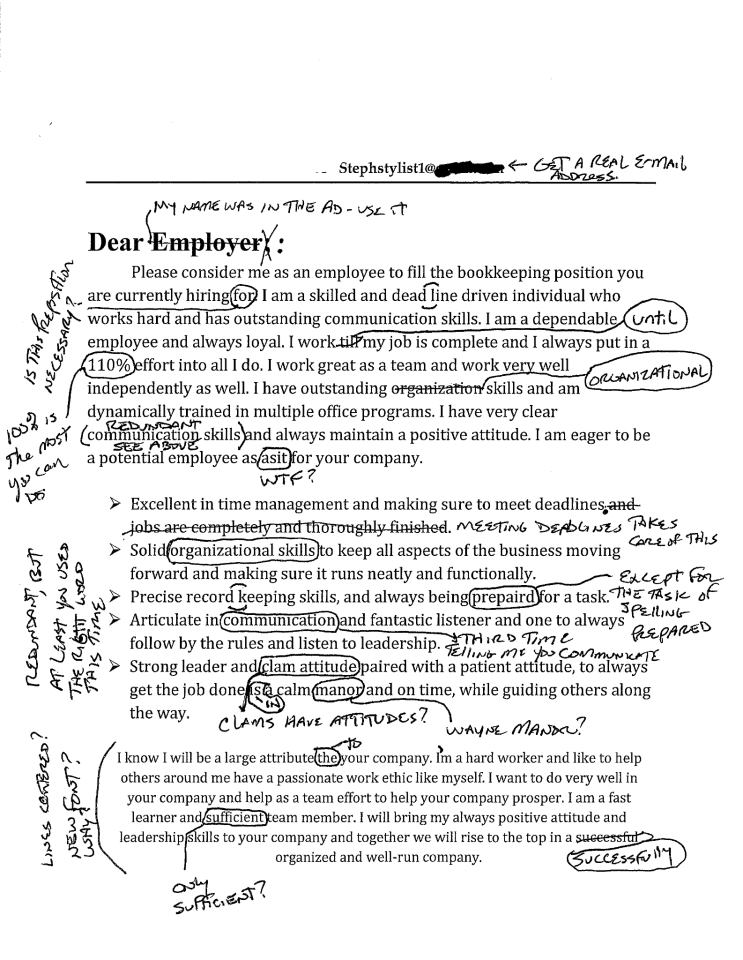
…Be wise; be guided.
d. Avoid long cover letters
As a rule, your cover letter should not stretch beyond a page. It makes it easier for prospective employers to read and also makes the task of reviewing your cover letter easier.
e. Use formal language
Trying to get a job doesn’t mean you should get personal with your prospective employer. The language of your cover letter must remain formal and professional.
f. Don’t beg for a job
It is called a cover letter and not a medium of showing how well you can do this:

For more amazing tips on how to write a really good cover letter, click here
6. How to prepare for interviews
a. Background research on organisation
Nothing can take the place of arming yourself adequately with information about a company where you are applying for a job. You might also want to visit the company’s website and social media pages to read about their operations, goals and other crucial details. It’s also important to come up with questions based on your research
b. Matching your qualifications and skill-set to job requirements
It’s time to take another look at the job description, your qualification and experience and match these with the requirements of the job.
This would go a long way in helping you establish where exactly you might fit into the organisation. We don’t think you would have much fun in an organisation where you look like this:
c. Anticipate questions and prepare responses
Naturally, this would be a smart thing to do. There’s no way you can anticipate a prospective employer’s interview questions 100% except you have an insider who leaks it to you but you should do your research on how to respond to that popular question:
How to answer the question
Below are a few pointers on how you can answer this question when asked at a job interview:
- Keep your answers concise and not longer than two minutes.
- Highlight your achievements especially the ones you are proud of and deliver it in a cohesive statement.
- Reveal one or two things that make you stand out from other applicants.
- Don’t answer this question using a monotone voice – Let your passion and experience be felt
- Let your interviewer understand how your experiences make you the best candidate for the job
- Write down your answer and practice it if you have to
- Learn to start with basic information like where you’re from and how your experiences have helped shape your career choices and decisions.
- Give an insight into your educational background; the course you studied in the higher institution and how this relates to your career goals.
- Let your interviewer in on the point you took a decision on the career path you chose. Endeavor to create an interesting story about how you ended up with your current career.
- Shed light on things that interest you and things you are passionate about in life. Take a few seconds to explain why you think these interests give you an edge above other applicants and how they will be beneficial to your prospective employer.
d. What to wear and what to avoid
It’s an interview so we expect your dressing and accessories to be formal and professional except in cases where a dresscode is clearly spelt out.
e. Quick tips on what to wear and what to avoid for an interview
i. No headphones/earphone
While you can use them on your way to the interview. It’s best to take them off before you step into the venue of the interview
ii. No excessive perfume
Of course it’s cool to smell nice but depending on what cologne you’re wearing and how much of it you’re wearing, you could leave your interviewer wondering:

“Can’t you smell yourself? Your perfume is killing me.” Hope you get the message?
iii. Don’t wear outdated clothes and shoes
No matter how stuck stuck on vintage fashion, don’t wear old school clothes and shoes. They look good but not appropriate for an interview with the exception of interviews where this is expressly spelled out.
iv. Don’t be excessive
Always strive not to over impress as this could turn around to haunt you.
For instance, you might really love leather shoes but for God’s sake, don’t go to an interview wearing this:
v. Avoid excessive make up
A job interview is not a runway fashion show so keep it simple. Try to go with an ‘everyday ‘formal look for an interview.
vi. Avoid tacky ties
It’s okay to be creative with your ties but don’t get this creative:
vii. Avoid excessive accessories and sunshades
If you insist on wearing one or more of the accessories below to an interview:

To your interviewer, you are as good as looking like this:
f. Things to take to an interview
When going for an interview, you should ensure you have the following:
- A detailed description to the venue
- bus/cab fare or enough fuel in your car as the case may be
- Name, designation and phone contact of person to ask after upon arrival
- A copy of your CV and cover letter
- A functional pen and paper
- Minimum of five questions for your interviewer
- Mental reference of work you’ve done in the past
- Medication (In cases of prolonged interviews)
- Mints (You might not have halitosis but you want your breath being clean when sitting directly opposite an interviewer).
You don’t need to pack this much to an interview:
g. Pay attention to non-verbal cues
Please be very attentive during an interview. Non-verbal cues speaks volumes. In addition to being attentive, you must learn to manage reactions as facial expressions give away your feelings.
h. Remember to follow up with questions
For those who might not know, a lot of interviews end with the interviewer asking:
This is a very good time to ask questions and you really should. Prior to the interview, prepare 5 to 6 questions to ask the interviewer.
In your questions, avoid asking for information that can be found on the company’s website. For instance, you won’t look smart asking:
“What is your
Some questions you might want to ask include
In your opinion, what makes this organization a great place to work?
What do you consider the most important criteria for success in this job?
Tell me about the organization’s culture.
How will my performance be evaluated?
What are the opportunities for advancement?
What are the next steps in the hiring process?
8. How to apply for jobs
You can:
1. Apply for jobs online
There are lots of websites and job portals where you can complete an online job application. On such websites, applicants either apply online via a job board, via a professional networking site like LinkedIn, or apply online directly at the company’s web site.
There are cases where candidates are required to take online tests as part of the application process.
2. Apply for jobs in person
When applying for a job in person, it’s different from applying for a job online. It isn’t as complicated but be prepared to be interviewed on the spot.
3. Apply for a job via E-mail
To apply for a job via e-mail, it’s important that all your communications remain professional; exactly how it would look if you were mailing a hard copy of your CV.
For those who might not know this, you can apply for a job within a company where you already work. Yes you can.
One of the best places to look for a new job could be the company you are working for now. However, before you apply, be sure that you have the right qualifications and requirements. The company isn’t going to give you a different job just because you applied. Plus, you are wasting your time, and the company’s time, applying for jobs you’re not qualified for.
9.
Why you should develop your skill-set
Regardless of what you do for a living or whether you are searching for a job, there is a need to get better at what you do.
To get better, learning must take place, which is why you should endeavour to register for training and professional courses either for what you already do or a new career path.
10.
Searching for jobs on social media
Is it possible to get a job via social media? The answer is yes. However, like every other thing, you will have to look for it.
A lot of organisations now have an active online presence via their social media pages and have been known to post job vacancies on these platforms.
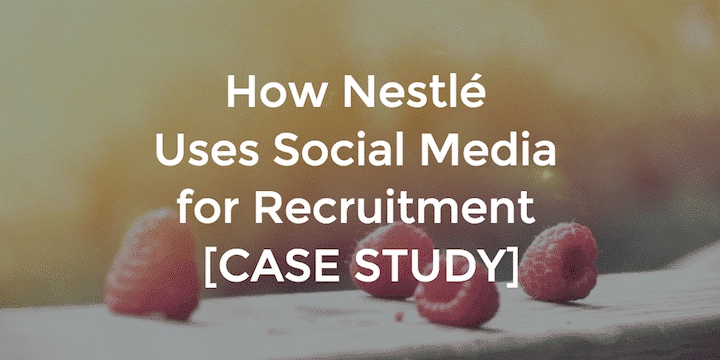
Nestlé has a UK job site, with the slogan ‘Nestlé & You’, which is linked to the respective Facebook and Twitter feeds, and where people can search and apply for jobs.
Therefore, cultivate the habit of visiting the social media pages of organisations and corporations where you are interested in working.
10.
Interview traps to avoid
There are certain booby traps interviewers and employers sometimes deploy to screen candidates. We will share five of them below:
1. Speaking ill of your former boss
Sometimes, an interviewer would ask you to talk about a weakness of your former boss, which you experienced while working with him/her. As a rule, do not be tempted to say negative things. If you must speak about a weakness of your former boss, talk about a problem and how you overcame it.
2. Problems in the past
When asked to talk about a big problem at work and how you handled it. It is a test to gauge how well you can solve problems. Break your response into three – Your analysis of the problem, your plan and lessons learnt. Avoid tossing blames.
3. Reasons you want to quit
When asked why you want to quit your current job or why you quit a former job, an easy way out is the ‘sandwich model.’ Begin on a positive note like talking about how much you learnt then follow up with a reason you desire a change. Ensure this comes out in a respectful language. You could say for instance that you are looking to expand your skill-set. Avoid making negative comments about management. Round off with a line like this: “I met quite a lot of supportive individuals there. I’ll miss that when I leave.”
4. Tough projects
If ever asked to give an instance of a project that did not live up to expectations, endeavour to talk more about the experience and lessons learnt from it rather than go on and on about blaming colleagues and members of the team you worked with.
5. Your weak links
You could be asked to talk about areas you believe you can improve upon. Don’t open your mouth to say something like: “I’m really terrible with CorelDraw. As much as you can, make it positive. For instance, you can talk about your eagerness to learn with reference to recent workshops or trainings you have attended.
When it comes to interviews, you have to keep practicing. If possible, practice with a pal or a coach career till you gain confidence even before seasoned interviewers.
If you want to become really good at interviews, you have to
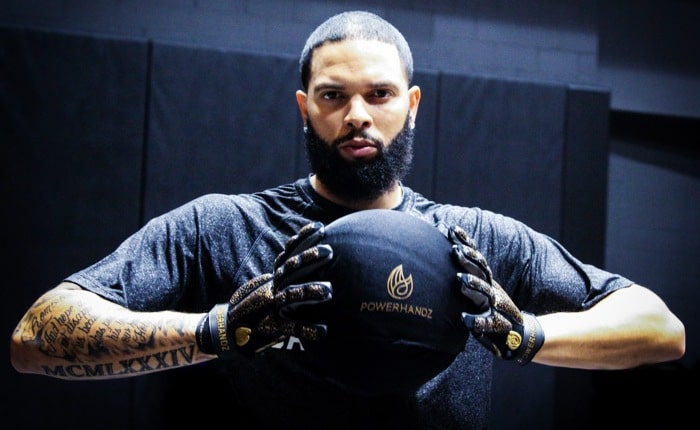
Grab the challenge with both hands and
If, on the other hand, you consider it too much work, feel free to put a call through to
11.
Exploring all available Options
Are you looking for a job? If your answer is yes, how have you been looking for it?
…sending your CV to a trusted uncle who works in the civil service and telling the world you have been searching for a job?
This will not work. There was a time when Nigerians had to go from one company to another to submit their CVs.
Today, there several ways of searching for jobs – on job portals, company websites, newspapers, job fairs, blogs, networking events and most importantly, through people you know.
When searching for a job spread your effort to include time spent on human connections such as:
Researching employers
Improving your knowledge
Reaching out to people you know to help you get a job
In essence, meet people who can hire you via referals from people you both know or via employee referals
So, while it’s cool to visit

…to search for and apply for jobs…
Feel free to call former employers, colleagues, old friends and network as much as you can across social media platforms.
If this is the brand of relationship you have with your friends, old colleagues and previous employers…

…Now would be a good time to change that
12.
Why you should make job hunting a full time job
When searching for a job, are you the kind of person who applies for between 3 to 7 jobs and then, begin to watch Season movies like Game of Thrones and Empire? If this is who you are, kindly get a large piece of paper and write this…

Yes and we really wish you weren’t
If you really need a job, you should take it as seriously as

Hunting for a job is serious business and you should take it as such.
For instance, we recently had a chat with a job seeker resident in Lagos. She lost her job in December 2015, spent about four days working on her CV and immediately commenced job hunting. What if we told you that between the last week in December 2015 and the first week in March 2016, she had applied for over a 100 jobs. Do you consider that excessive?
Well, there were times when she got

and of course knew it was time to rest
Does it come as a surprise that she resumed at her new place of work in the first week of April?
Here’s another way to put it, if you were hunting a lion in the wild, would you rather be this hunter…
The moral of this is simple… Take the task of searching for a job as seriously as you would take the job itself.
Perhaps, now would be a good time to let you know that desperate times call for desperate measures.
Look at it this way, if you submit 5-12 CVs in some weeks and only 2-3 in others, then you are setting yourself up for
However, taking your job search as seriously as you should will enable you to submit 24 or more CVs per week consistently, which in turn will yield more job interviews. Note that a series of interviews is bound to raise your odds of receiving one or more job offers.
However, be careful not to come across as too aggressive.
One quick lesson – If you desperately need a job, please resist the urge to do just about anything to get it.
On a final note, strive to become more attractive to your potential employers
Let’s leave you with a thought from Malcom Forbes when he said:
